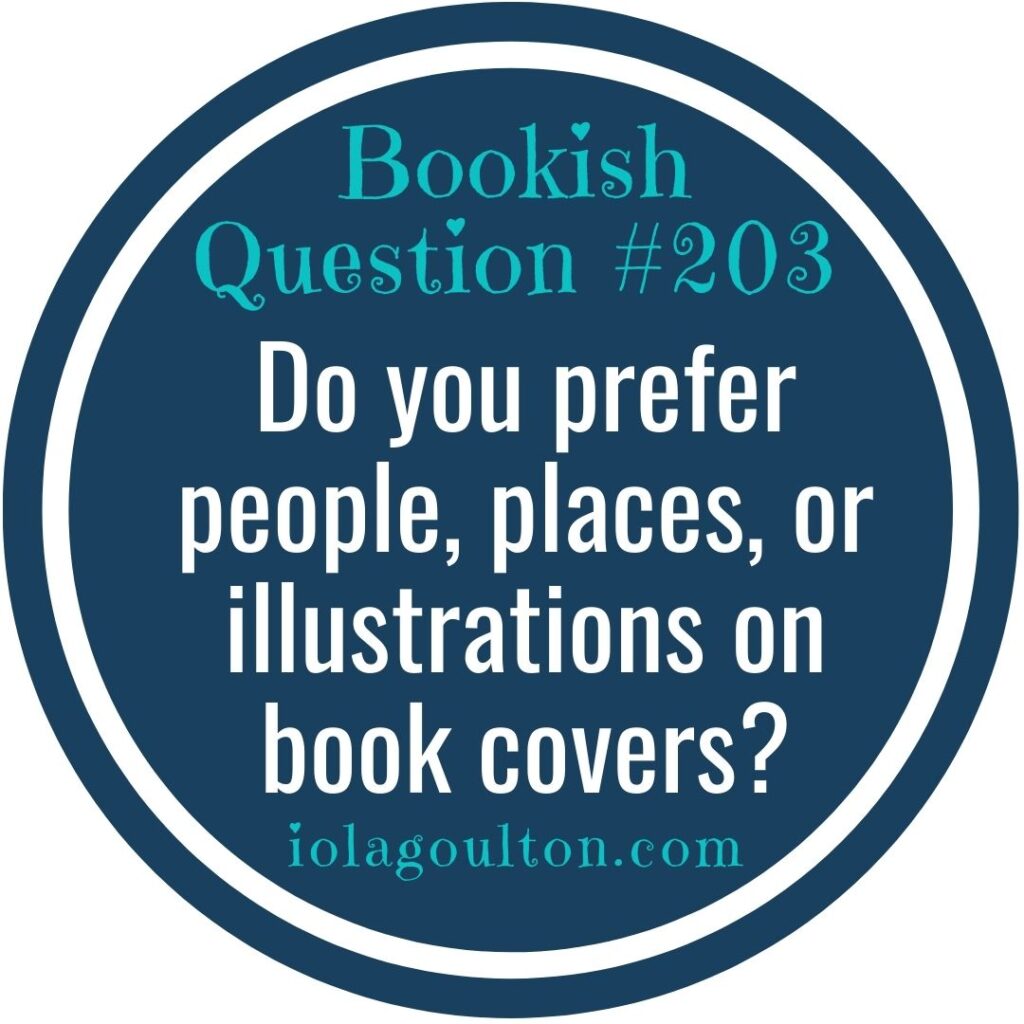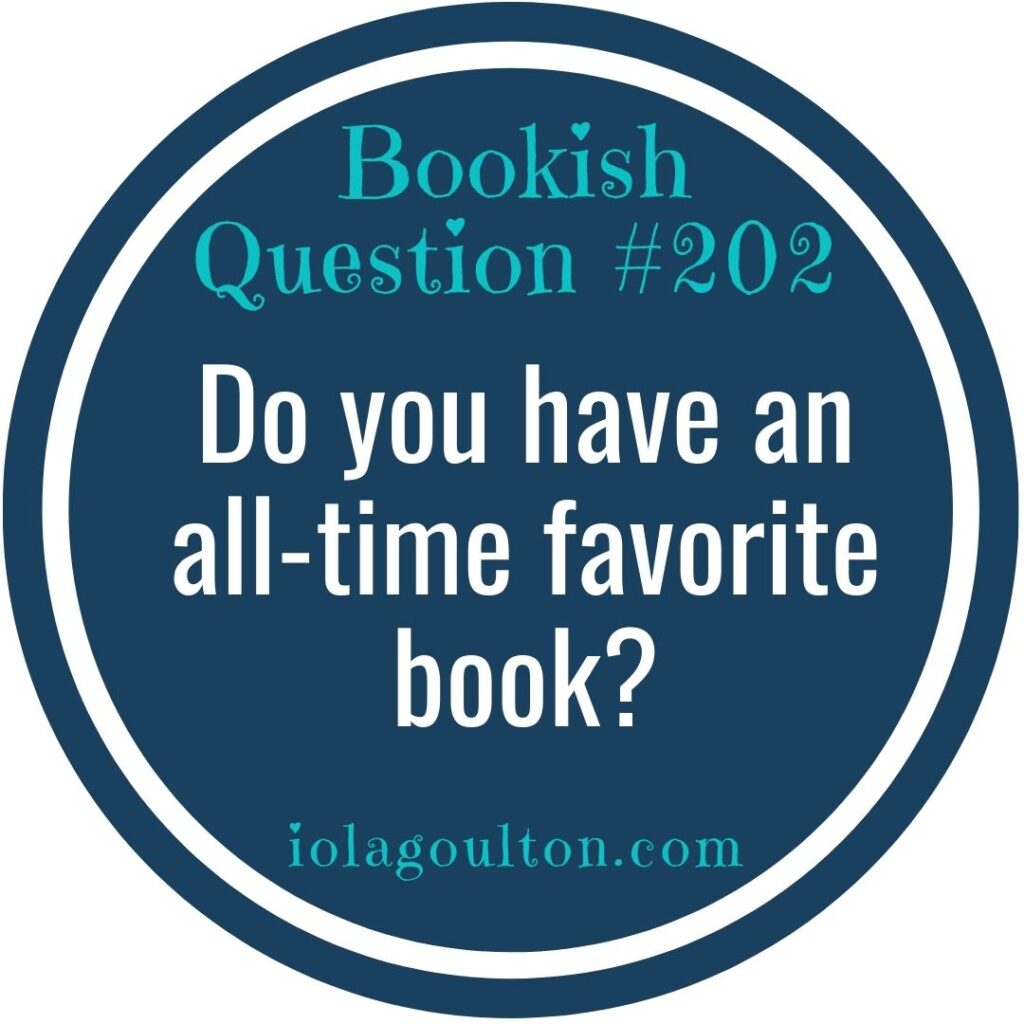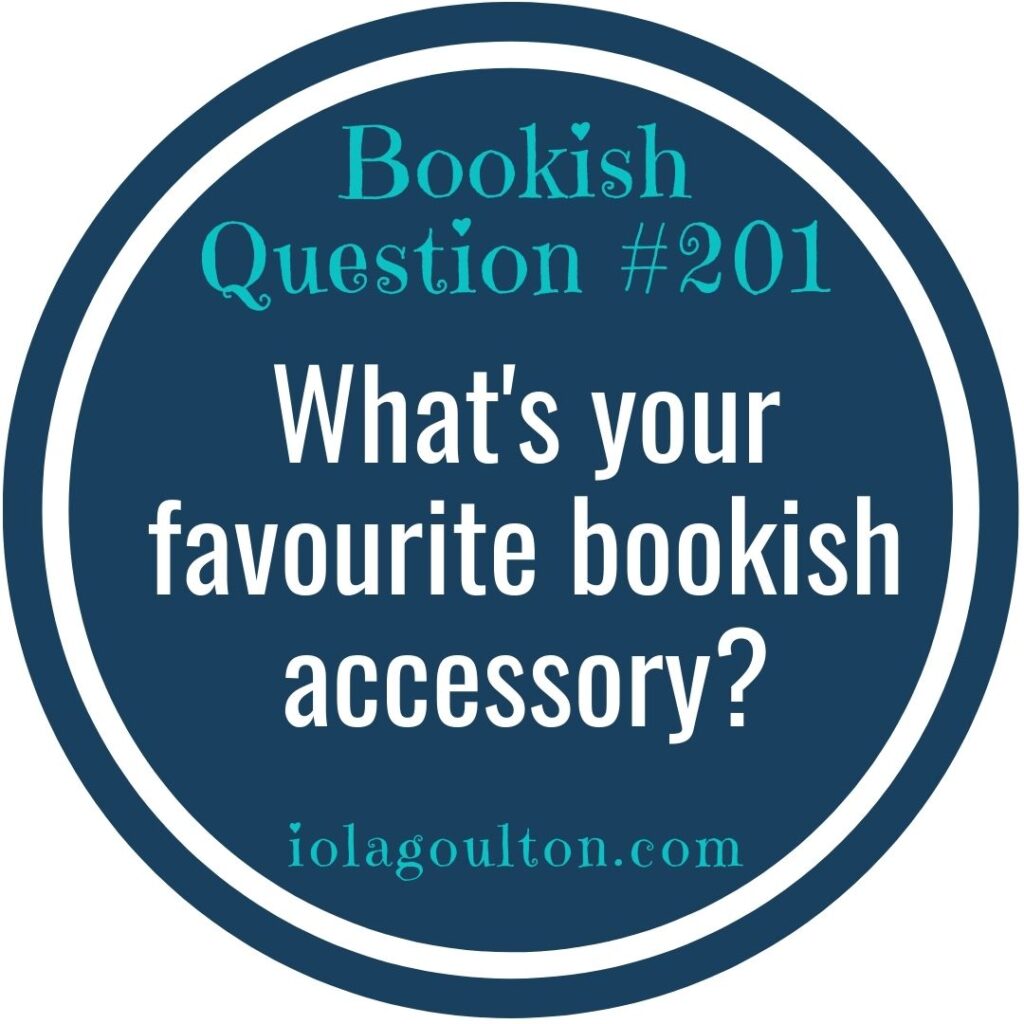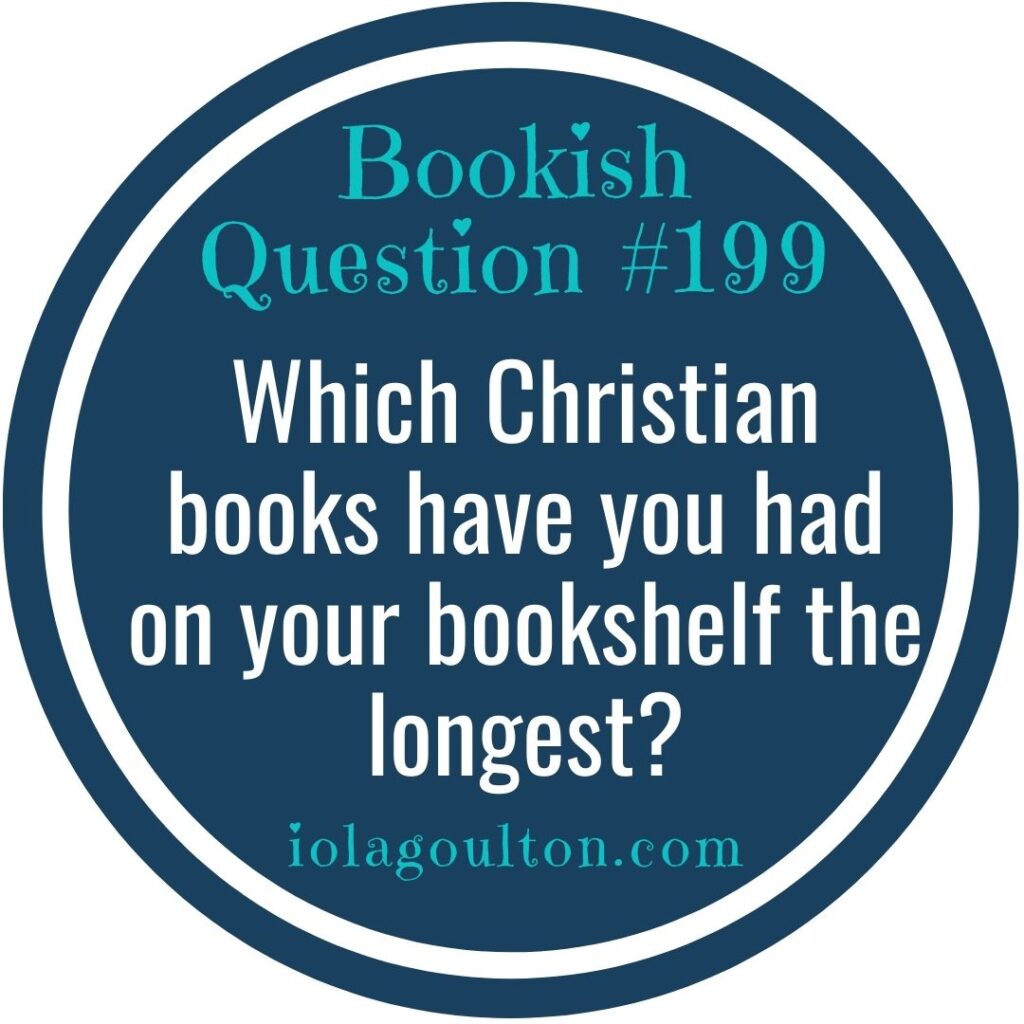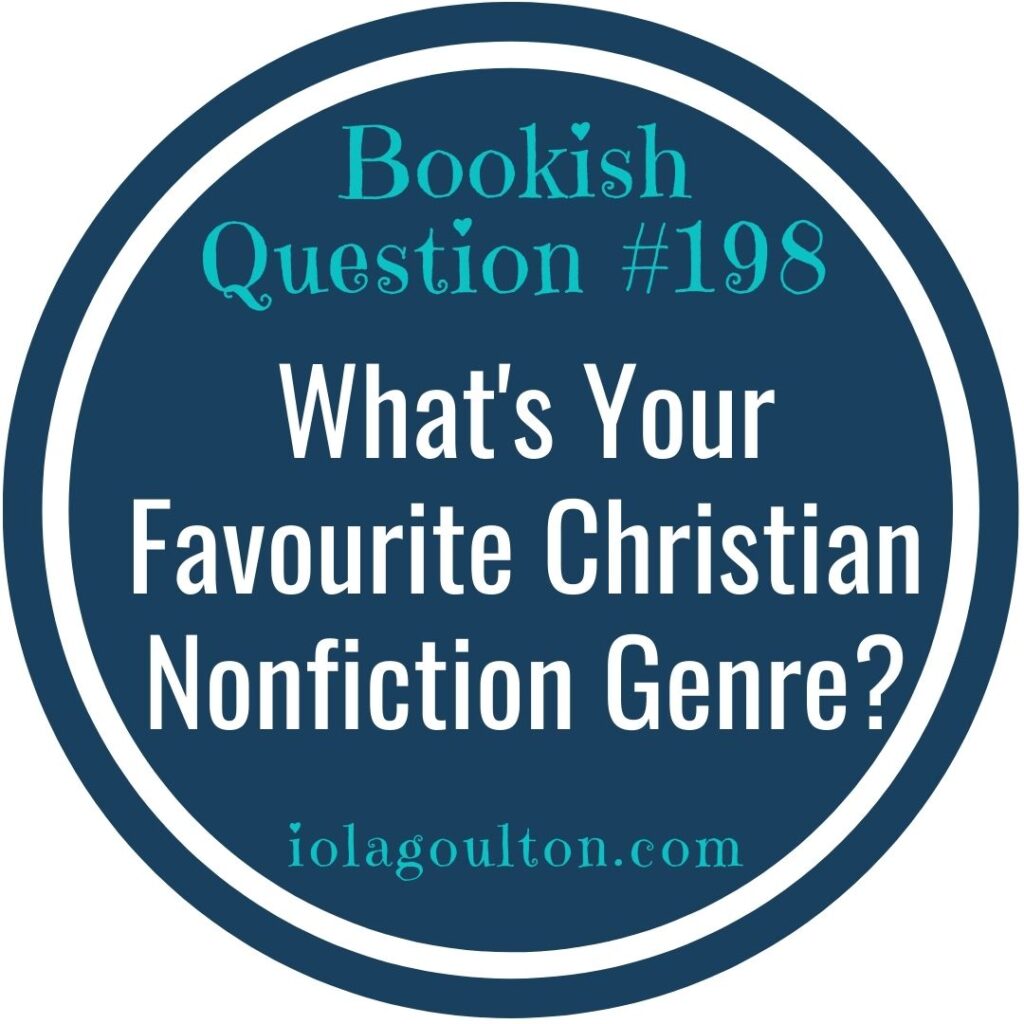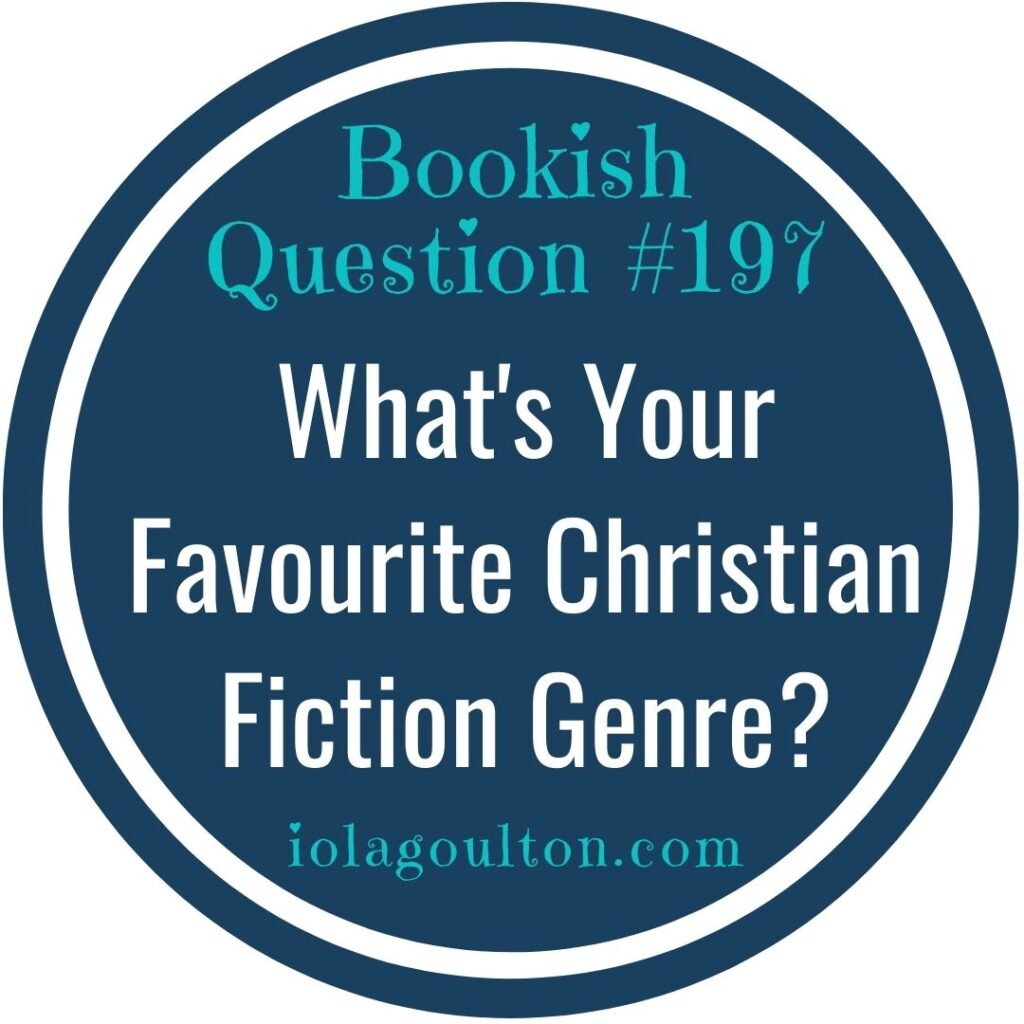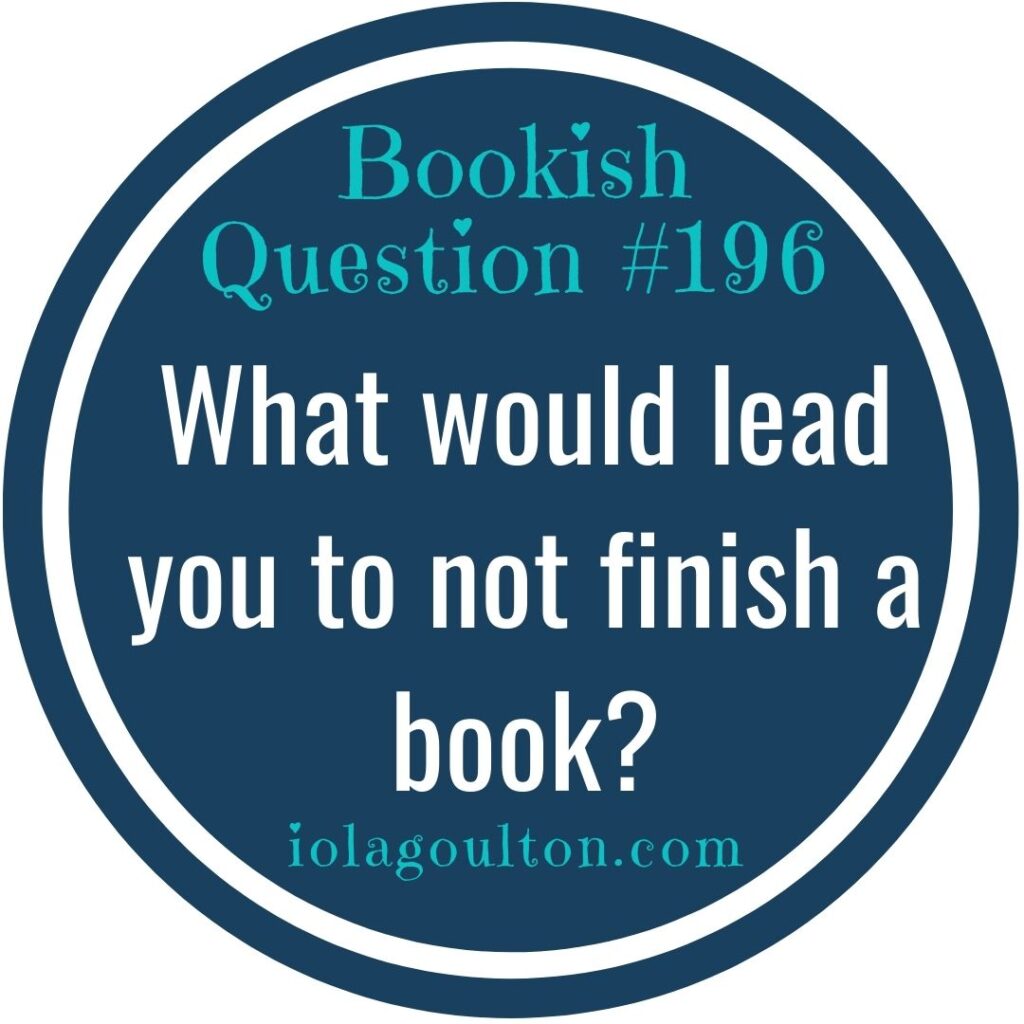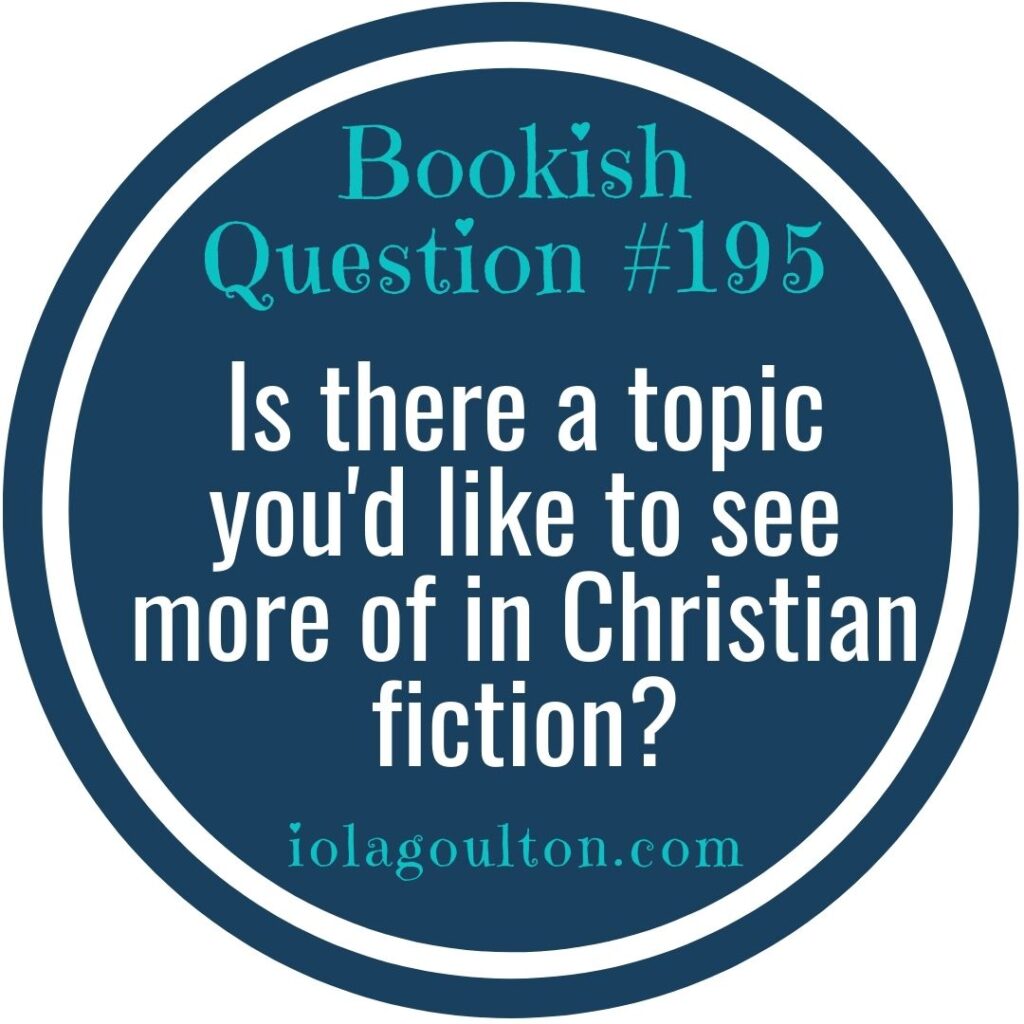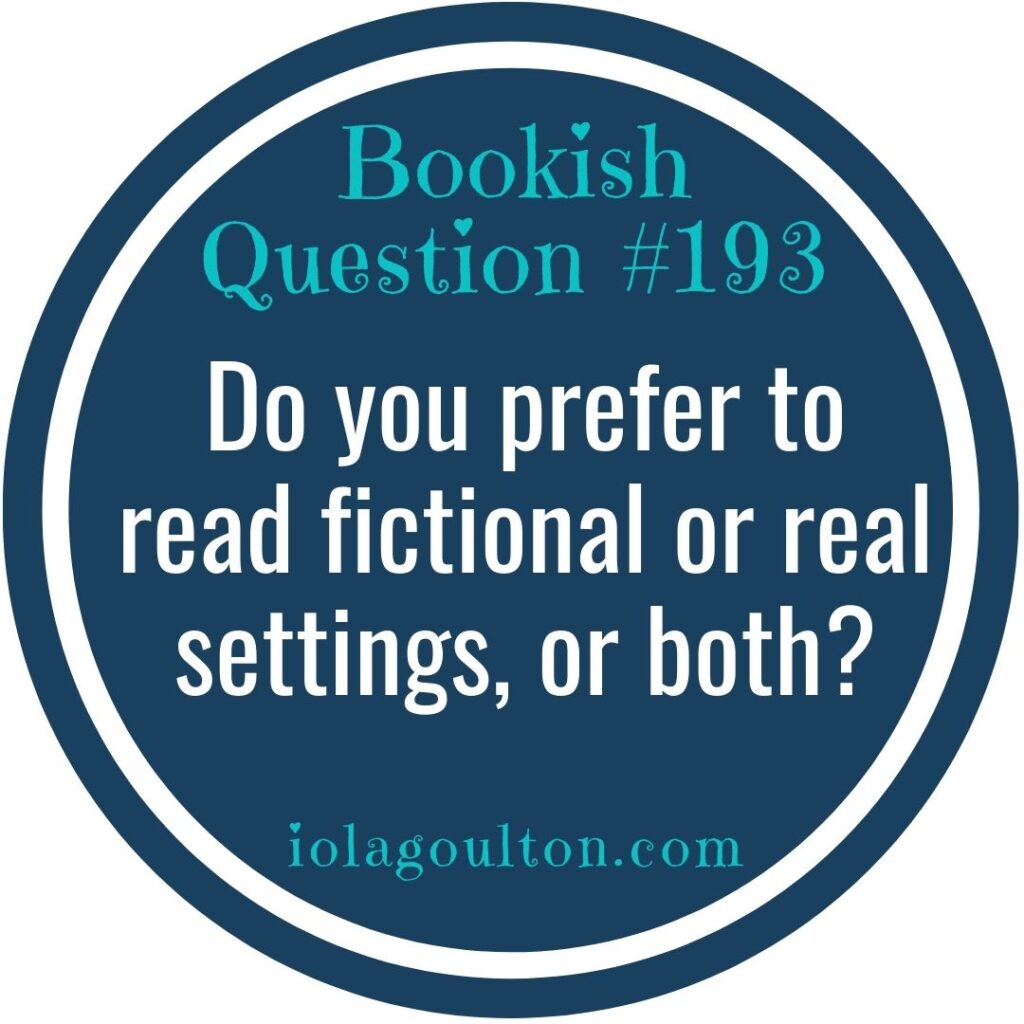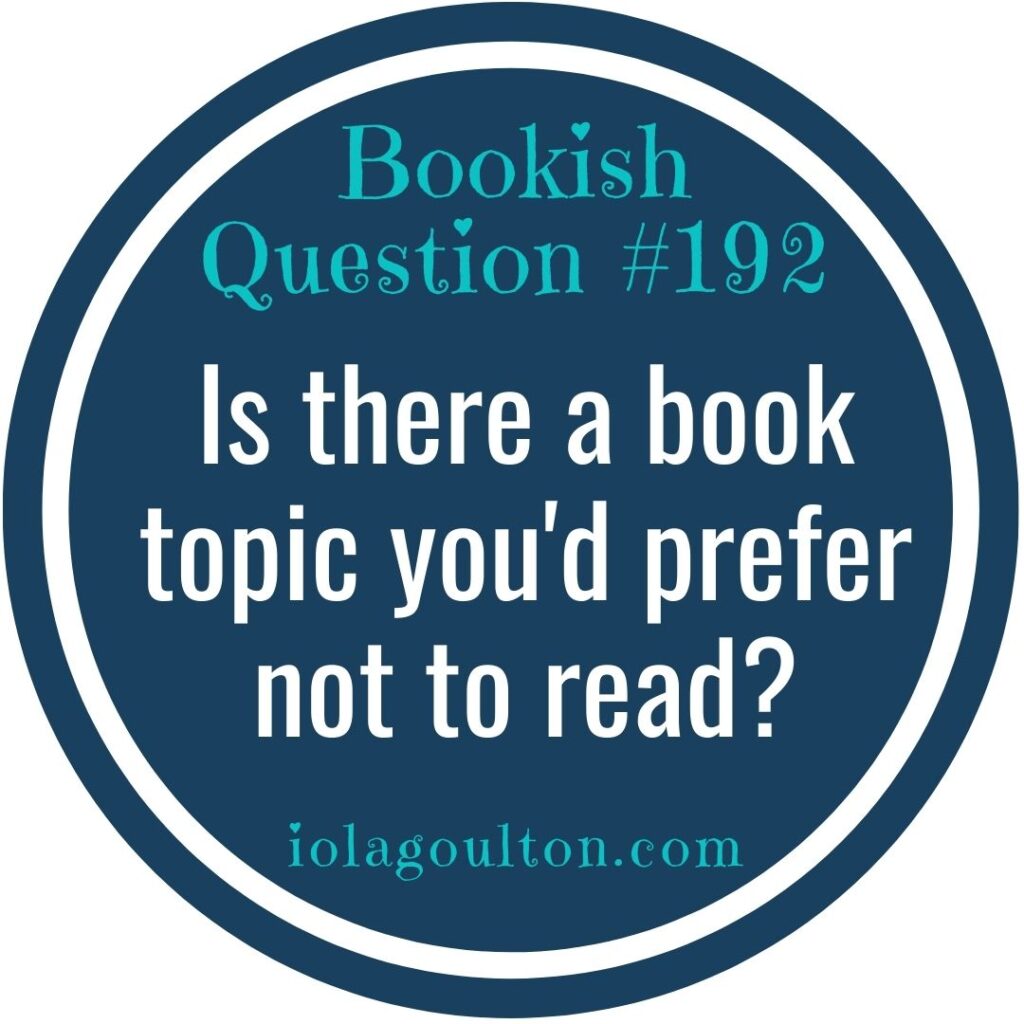What would lead you to not finish a book?
I like to finish what I start. I might read the first few pages of a book to decide whether I want to read it or not, but I tend not to abandon books. Once I’ve made the decision to read a book (especially a novel), I’ll almost always finish reading.
But, as it happens, I have recently DNF’d (did not finish) a book …
Why? There were a few reasons.
The writing lacked polish.
Although the book was from a best-selling multi-published author, the writing was bland and uninteresting. I judge writing contests for unpublished writers, and this book wouldn’t have made it past the first round of judging.
The main character wasn’t compelling.
The Prologue introduced a nice lady living a nice life in a nice small town on a nice lake. here was nothing exciting about the plot or setting. At the end of the Prologue , she found out her father had died, and that could have been the beginning of something compelling, except then we were treated to a nice funeral where we met her nice friends and nice boyfriend.
I don’t know about you, but I don’t make a habit of attending funerals of people I don’t know. The rare exception might be to support a close friend in their bereavement. Reading the funeral of a character you don’t know and who you have no connection with is the literary equivalent of being a funeral crasher.
The romance wasn’t right.
The novel was a romance, and it was obvious the main character was going to end up with the new man in town, not her nice boyfriend.
The problem was that while I liked the man who was being set up as the love interest, I didn’t like the main character or the way she treated him. I thought he deserved better… so I stopped reading so I can pretend she marries her nice boyfriend and has a nice life, and the hero goes back to his hometown where he meets and marries someone else, someone who values and appreciates him.
It doesn’t help that I’m not a fan of stupid heroines … and this heroine struck me as stupid (if your objective is to save the family business, shouldn’t you understand why the family business might be at risk? You could visit it, or open the computer and check the bank statement?).
Content Issues
The other reason I might not finish a book (which didn’t apply in this instance) would be content issues e.g. graphic on-the-page violence or sex scenes in a Christian novel, or dubious theology. If I wanted to read about those topics, I wouldn’t be reading Christian fiction.
What about you? What would make you DNF (did not finish) a book?

